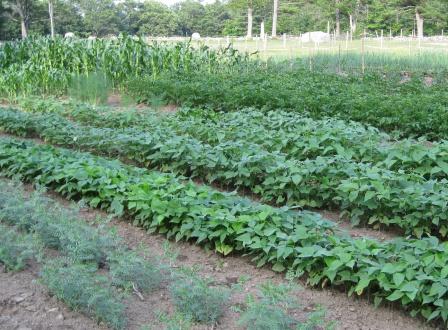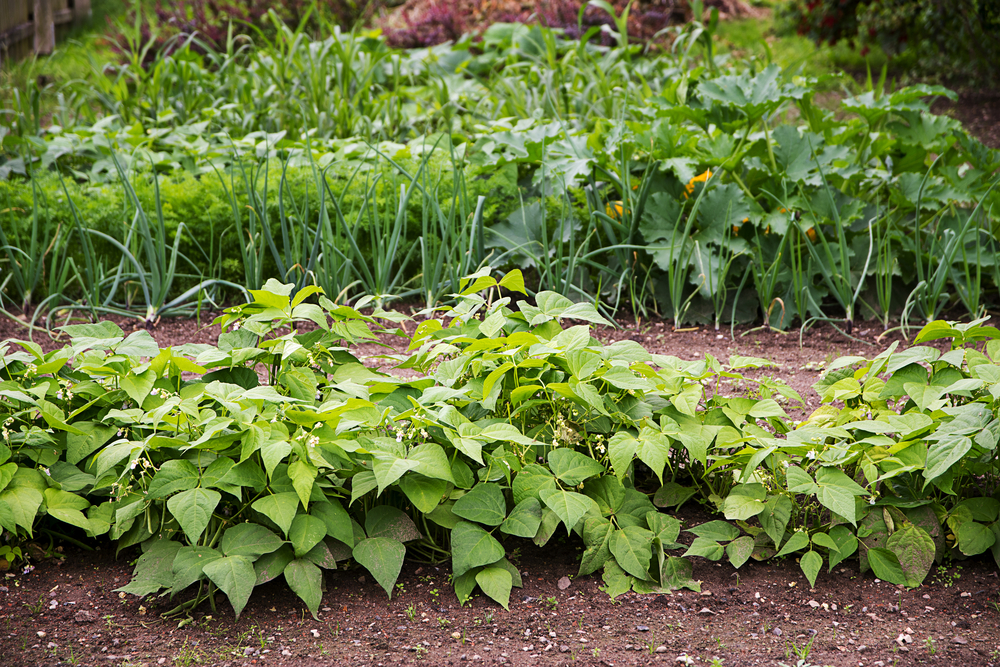Make Best Use Of Pepper Harvests with Our Recommended Best Fertilizers For Peppers
Wiki Article
Beneficial Your Peppers to Perfection: Unraveling the Tricks Behind the Finest Plant Foods for Optimum Crop Wellness
Are you wanting to expand the juiciest, most delicious peppers? Look no more! In this article, we'll uncover the keys behind the finest plant foods to achieve maximum plant wellness. From understanding the significance of soil nutrients to mastering the application strategies, we'll lead you every step of the method. Whether you prefer natural or artificial fertilizers, we have actually got you covered. Prepare yourself to nurture your peppers to excellence and gain the bountiful incentives!Relevance of Dirt Nutrients

One of the most crucial soil nutrients is nitrogen. Nitrogen is accountable for advertising leaf and stem development. It is crucial for the manufacturing of chlorophyll, which is necessary for photosynthesis. Without adequate nitrogen, plants will have yellowing leaves and reduced general vigor.
Phosphorus is one more vital nutrient for plant growth. It plays a vital role in power transfer and is needed for the advancement of strong origins and blossoms. Phosphorus deficiency can result in inadequate root development and decreased blooming, ultimately affecting crop return.
Potassium is vital for managing water uptake and enhancing plant resistance to parasites and diseases. It also adds to the total top quality and taste of the plants. A lack of potassium can lead to weak stems, poor fruit growth, and increased vulnerability to conditions.
In addition to these primary nutrients, plants additionally require secondary nutrients like sulfur, magnesium, and calcium, as well as trace elements like iron, manganese, and zinc. Each nutrient has a certain function in plant growth and growth, and a deficiency in any of them can have damaging results on plant health.
Understanding NPK Ratios

The NPK proportion is a representation of the proportion of these 3 nutrients in a fertilizer. For example, a plant food with an NPK ratio of 10-10-10 consists of equivalent amounts of phosphorus, nitrogen, and potassium. Due to the fact that various plants have various nutrient needs, recognizing these proportions is crucial. For peppers, a well balanced NPK proportion like 10-10-10 or 14-14-14 is usually suggested.
Nonetheless, it is very important to note that the specific NPK ratio required may differ relying on factors such as soil type, climate, and specific plant demands. Performing a dirt examination can aid establish the nutrient deficiencies or unwanteds in your dirt and guide you in choosing the right fertilizer with the suitable NPK proportion.
Organic Vs. Synthetic Fertilizers
You frequently run into the debate between natural and synthetic fertilizers when it involves nourishing your peppers for optimum plant health. Organic fertilizers are stemmed from natural sources such as manure, bone, and compost dish. They give nutrients in a slow-release kind, enabling your plants to absorb them slowly with time. Organic fertilizers likewise boost soil structure and fertility, advertising beneficial microbial activity. In addition, they are environmentally friendly and do not include unsafe chemicals that can seep right into groundwater or injury advantageous bugs and wild animals.On the various other hand, synthetic plant foods are produced chemically and supply nutrients in an easily available kind. They are designed to deliver nutrients quickly, which can be useful in particular scenarios, such as correcting severe nutrient deficiencies. Synthetic plant foods can additionally lead to vitamins and mineral inequalities and dirt degradation if used exceedingly or improperly. They may also add to water air pollution otherwise made use of responsibly.
Organic fertilizers supply lasting soil health and wellness advantages and are extra sustainable in the long run, but they might not offer immediate results. Artificial fertilizers, on the other hand, can deliver quick nutrients yet may have unfavorable environmental effects.
Best Plant Food Application Techniques
Proceeding the conversation on organic and synthetic fertilizers, let's discover the most reliable techniques for applying plant foods to your peppers. Proper plant food application is vital for maximizing crop health and wellness and yield.For granular plant foods, transmitted them equally over the soil surface area. Use a spreader to make certain consistent distribution. After spreading, gently rake the fertilizer into the leading layer of soil to stop drainage and boost absorption. Water the location thoroughly to assist the nutrients penetrate the origin zone.
Fluid plant foods can be applied with foliar spraying or with the irrigation system. Foliar spraying involves splashing the fertilizer directly onto the fallen leaves. This approach enables quick nutrient absorption and is perfect for fixing nutrient deficiencies. When utilizing the irrigation system, thin down the fluid fertilizer according to the manufacturer's guidelines and use it uniformly to the soil.
Remember to comply with the recommended application prices site to stay clear of over-fertilization, which can damage your peppers. Regular surveillance and adjusting of plant food application is necessary throughout the growing period. By applying plant foods correctly, you can supply your peppers with the necessary nutrients they need for healthy growth and plentiful harvest.
Supplementing With Micronutrients
To make certain optimal plant health and wellness and return, it is essential to supplement your peppers with vital micronutrients. Micronutrients are crucial for the overall growth and advancement of your plants, as they play a vital function in numerous physiological procedures. These nutrients are called for in tiny quantities, however their absence can drastically influence the health and wellness and efficiency of your pepper plants.Without enough iron, your pepper plants might establish Full Report yellow fallen leaves, stunted development, and reduced fruit production. You can supply your peppers with iron through foliar sprays or dirt applications of iron chelates, which are easily offered in yard facilities.
An additional trace element that plays a vital function in pepper growth is zinc. Zinc is included in enzyme activities and is vital for overall plant health and wellness and growth. A deficiency in zinc can result in reduced shoot and origin development, as well as poor blooming and fruit collection. You can give your peppers with zinc via the use of zinc sulfate or zinc chelates, either as a foliar spray or dirt application.
In enhancement to iron and zinc, other vital micronutrients for peppers consist of manganese, boron, molybdenum, and copper. These micronutrients are associated with numerous metabolic processes and are essential for optimal pepper growth and efficiency. best fertilizers for peppers. It is necessary to regularly monitor the nutrient degrees in your soil and plants, and make changes as required to guarantee your peppers get the necessary micronutrients for healthy and balanced development and abundant returns
Verdict
In final thought, choosing the ideal fertilizer and using it appropriately is important for the health and wellness and productivity of your pepper plants. Recognizing the significance of dirt nutrients, NPK proportions, and the differences in between artificial and organic plant foods is crucial.On the various other hand, synthetic plant foods are made chemically and supply nutrients in an easily offered kind. Artificial fertilizers can likewise lead to nutrition discrepancies and dirt destruction if made use of excessively or incorrectly.Proceeding the conversation on artificial and organic fertilizers, allow's discover the most efficient strategies for using plant foods to your read this post here peppers. By using fertilizers correctly, you can give your peppers with the important nutrients they require for healthy and balanced development and plentiful harvest.
Recognizing the importance of dirt nutrients, NPK proportions, and the differences between artificial and organic plant foods is crucial.
Report this wiki page